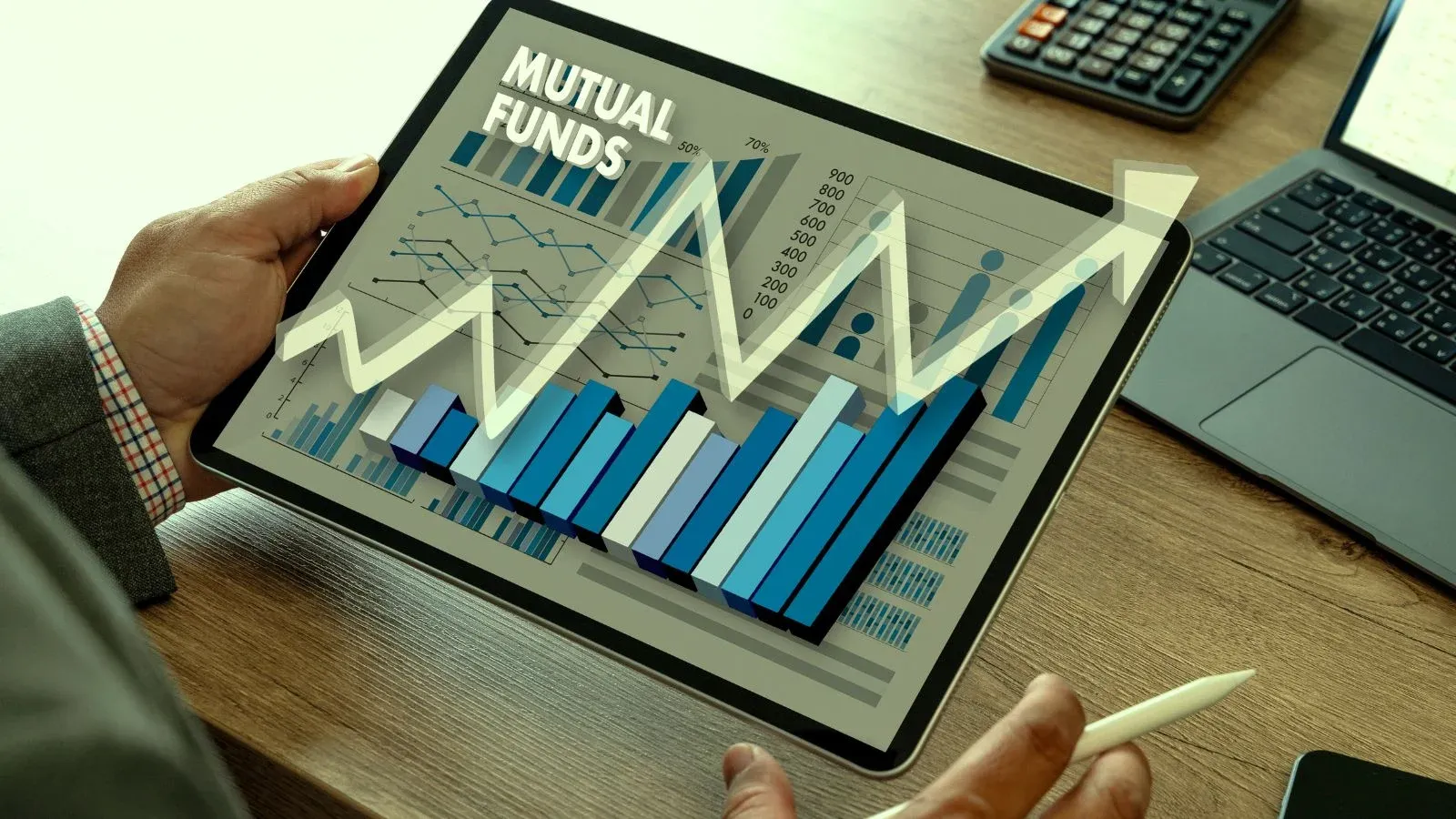Your ELSS Lock-In Period is Over! What's Next?
Written by Upstox Desk
Published on July 31, 2025 | 6 min read

If you've successfully completed the lock-in period for your Equity Linked Saving Scheme (ELSS) investment, congratulations on this exciting milestone! You have some newfound flexibility with your funds. With the lock-in period behind you, let’s look at some of the steps you can take.
Here's the important considerations and options available to you after your ELSS lock-in period concludes.
What to do after the ELSS lock-in period ends?
While there is a minimum mandated lock-in period of three years with all ELSS funds, there is no requirement on having to redeem those units after the lock-in period ends. Which essentially means that after the lock-in period ends, your fund becomes similar to an open ended and equity-oriented scheme. So, you can redeem the units at any time, after the lock-in period concludes.
One of the reasons ELSS funds have a lock-in period is for tax purposes. As tax-saving instruments, ELSS are intended to encourage long-term savings. ELSS funds are further subject to tax benefits under section 80C of the Income Tax Act.
How to redeem your ELSS Investment?
You can redeem your ELSS investment by raising a redemption request online or in-person. You should also keep in mind that there are two ways to invest in an ELSS, via an SIP or as a lump sum.
Redeeming lump sum investments from an ELSS
If you have invested via a lump sum amount, the lock-in period is calculated from the day the purchase was made. For example,
- If you make a lump sum investment of ₹70,000 in an ELSS scheme on 10 April 2020,
- You can redeem all your ELSS units together after three years, which would be on 11 April 2023, which is when the lock-in period would end.
Redeeming SIPs from an ELSS
Each SIP instalment is like a new investment and each instalment has a corresponding 3-year lock in period. For example,
- If you start your monthly SIP of ₹10,000 in an ELSS on 1 April 2020,
- You‘ll be able to redeem that investment on 2 April 2023.
- Similarly, for investments you make on 1 May 2020,
- You’ll be able to redeem them on the 2 May 2023.
The key takeaway here is that, after the lock-in period ends for your SIP instalment or lump sum investment, the ELSS is now a fully liquid, open ended equity-oriented investment scheme.
ELSS and taxes
ELSS is a tax-saving investment option with the potential for long-term growth and attractive tax benefits. The two main tax advantages are listed below.
-
Section 80C: ELSS falls under Section 80C of the Income Tax Act, 1961. Investing in an ELSS gives you the opportunity to claim a deduction of up to ₹1.5 lakh from your taxable income in a financial year. So, the amount you invest in an ELSS is deductible from your total taxable income, therefore reducing your overall tax liability.
-
Tax Advantage: Due to the mandatory 3-year lock-in, you do not have to pay short-term capital gains (STCG) tax on the investment. However, do keep in mind that if the gains from your ELSS investment exceed ₹1 lakh, then you would have to pay long-term capital gains tax at 10% plus any additional cess and surcharge on it.
The key takeaway here is that an ELSS helps you save taxes and offers the potential for wealth creation over the long term.
Here’s five important considerations to keep in mind about your ELSS fund
- Evaluate the investment performance: Assess how your ELSS investment has performed during the lock-in period. Review the returns and compare them with the benchmark index or other funds in the same category. It's important to have a clear understanding of your investment's performance.
- Reassess your financial goals: Think about your financial goals and if they’ve changed since you initially invested in the ELSS. Consider both short-term and long-term financial objectives, such as paying for an education or saving for retirement. Based on your personalised goals, you can better determine if the ELSS investment aligns with your financial requirements.
- Consider staying invested and benefit from compounding: If your ELSS investment has performed well and stays aligned with your financial goals, you may choose to stay invested. Equity investments tend to deliver higher returns over the long run. By staying invested, you also have the option to benefit from the power of compounding, which will boost your overall wealth, over time.
- Systematic Withdrawal Plan (SWP): If you need a regular income or have specific financial consideration, you may consider opting for a Systematic Withdrawal Plan (SWP) which gives you the opportunity to withdraw a fixed amount regularly from your ELSS investment. This option provides the benefit of flexibility, while still keeping your remaining investment intact to potentially appreciate from anticipated market upticks.
- Seek professional advice: If you're unsure about the next steps or need personalised guidance, it's a good decision to consult with a financial advisor. They'll help you analyse your finances and provide the suited recommendations based on your goals.
Finally,
Completing the lock-in period for your ELSS investment opens up a range of opportunities for you to make the most of your funds. Whether you decide to stay invested or redeem your units, it's fundamental that you align your investment decisions to your financial goals. Remember to seek professional advice when needed. After considering your options and some planning, you’re already well on your way towards financially securing your future..
3 Steps To Follow After ELSS Lock Period Ends
ELSS or Equity Linked Savings Scheme refers to an equity mutual fund offering tax deduction benefits under section 80C of Income Tax Act, 1961. These funds offer the potential to generate market-linked returns. Like any other tax-saver investment, ELSS lock-in period is something to think about when it comes to making an investment choice.
Disclaimer
The investment options and stocks mentioned here are not recommendations. Please go through your own due diligence and conduct thorough research before investing. Investment in the securities market is subject to market risks. Please read the Risk Disclosure documents carefully before investing. Past performance of instruments/securities does not indicate their future performance. Due to the price fluctuation risk and the market risk, there is no guarantee that your personal investment objectives will be achieved.
About Author
Upstox Desk
Upstox Desk
Team of expert writers dedicated to providing insightful and comprehensive coverage on stock markets, economic trends, commodities, business developments, and personal finance. With a passion for delivering valuable information, the team strives to keep readers informed about the latest trends and developments in the financial world.
Read more from UpstoxUpstox is a leading Indian financial services company that offers online trading and investment services in stocks, commodities, currencies, mutual funds, and more. Founded in 2009 and headquartered in Mumbai, Upstox is backed by prominent investors including Ratan Tata, Tiger Global, and Kalaari Capital. It operates under RKSV Securities and is registered with SEBI, NSE, BSE, and other regulatory bodies, ensuring secure and compliant trading experiences.

























